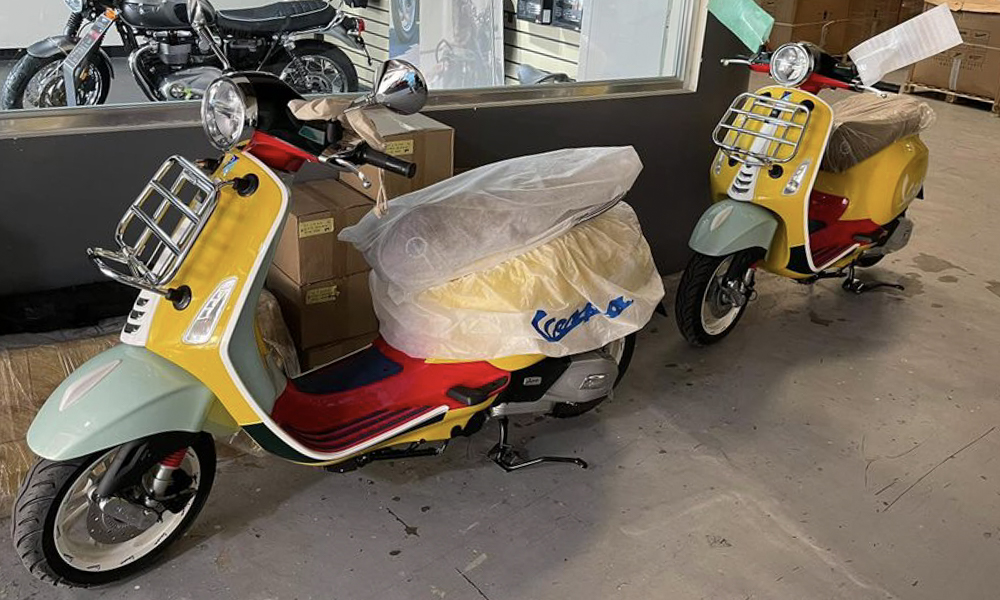
Late last year, Vespa introduced the limited-edition Sean Wotherspoon Primavera. Priced at a steep P308,000 for a signature model with what were essentially cosmetic upgrades to the P195,000 base Primavera, the model sold like hotcakes to collectors. And then it was only a few weeks after the launch that ads came up on Facebook Marketplace for brand-new units with asking prices of anywhere between P100,000 to P150,000 over the SRP.
This really shouldn’t have come as a surprise for consumers who are used to scalpers that hoard hot-ticket items like the Sony PlayStation 5 and collectible sneakers, right? On the face of it, this isn’t a crime since all we have are a couple of fellows who want to flip some in-demand products to make a quick buck.
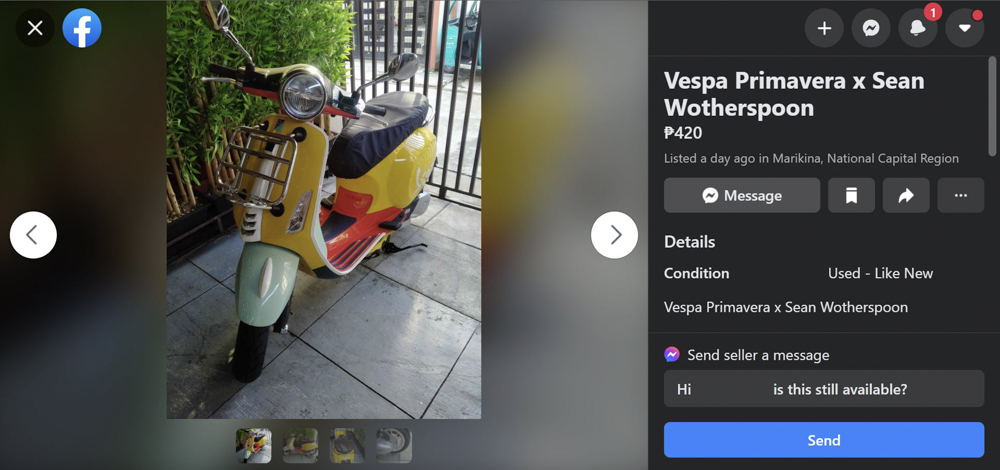
If you followed the recent Senate inquiry into how some motorcycle dealers get buyers to avail of their “financing-only” deals at usurious rates while withholding units from customers who want to pay in cash, charging more over retail by a private reseller isn’t much different. I mean, that‘s why the ‘S’ in SRP stands for “suggested,” right? Nobody is forcing you to buy it, so goes the argument. Oh, and please “respect the post” as they are only “helping a friend”—two of a scalper’s favorite lines. Sure, but it definitely leaves a bad taste in the mouth.
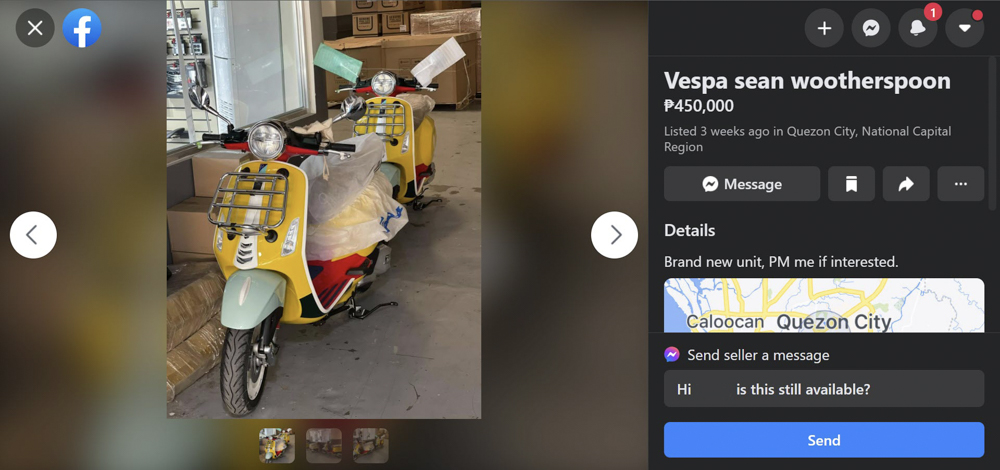
The practice may be getting out of hand, at least when it comes to in-demand Vespa units. As we all know, these Italian scooters are status symbols, and anyone who has the cash will gladly pick one over something from Japanese brands. Peruse local Facebook groups for Vespas and you’ll see a handful of brand-new units being sold with a hefty markup. Even an accessorized Primavera Picnic (P228,000) is now being sold on Facebook Marketplace for P285,000.
Vespas right now have a waiting list that’s several months long, and neither the customers nor the dealers are happy. On one hand, showrooms have no shortage of clients ready to fall in line, even if they’re also losing out on buyers who walk away because they can’t wait that long. On the flip side, scalpers are hoarding the units—especially the limited editions—to the detriment of regular buyers.
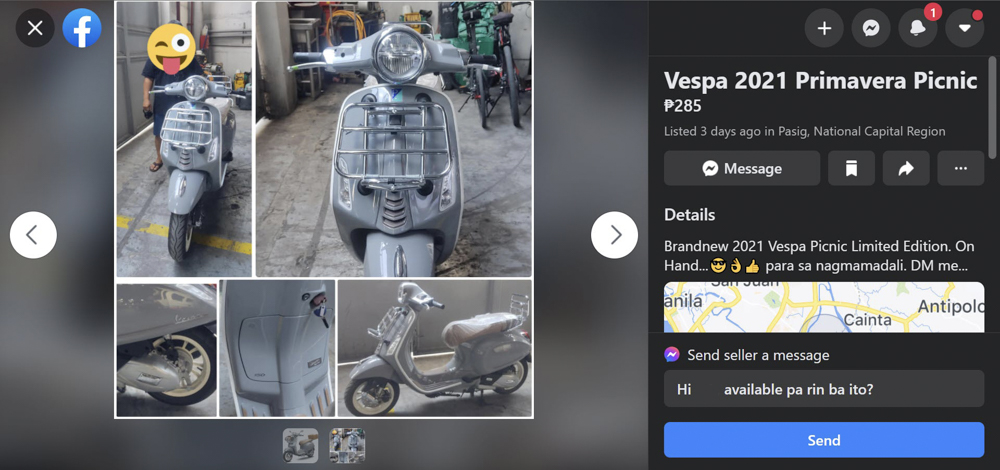
The smart money says to be patient and ignore the hype. Too often, “limited edition” is a handy marketing term used to periodically spice up a product line with special colors or trim with every model year. Any increased value is purely psychological, not mechanical. The basic product will be essentially the same, and there is no danger that Vespa will suddenly stop producing scooters. As with any mass-produced item with a particularly high demand, it may take a while before factory output catches up (if it even decides to ramp up production in the first place).
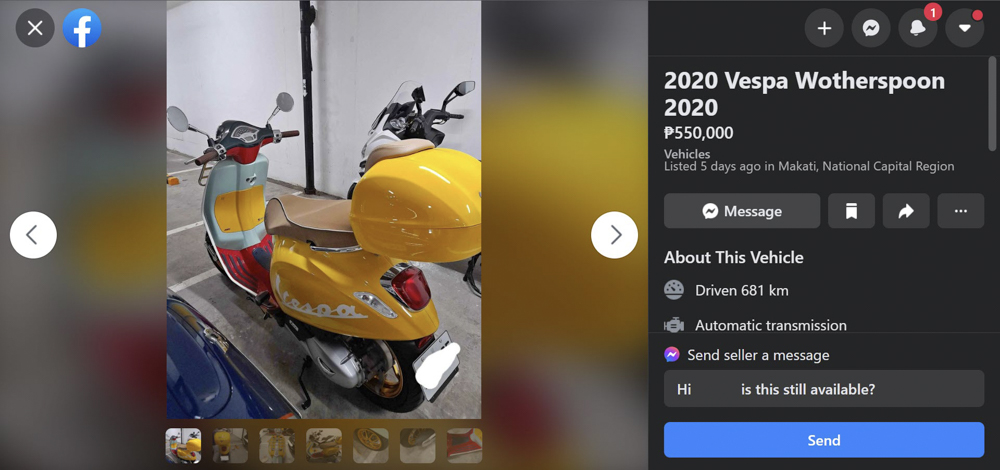
Ignoring the scalpers will help to eventually get rid of them. Buying from them encourages the practice, which means even more units will get hoarded, and so we have a vicious cycle. Transacting directly with the dealer instead of a third party will also decrease your risk of any potential warranty headaches. While Vespa Philippines will honor the warranties on all units sold locally, having one less kink in the paperwork will give you added peace of mind should something go wrong. Not to mention feeling better sticking it to the bloodsuckers.


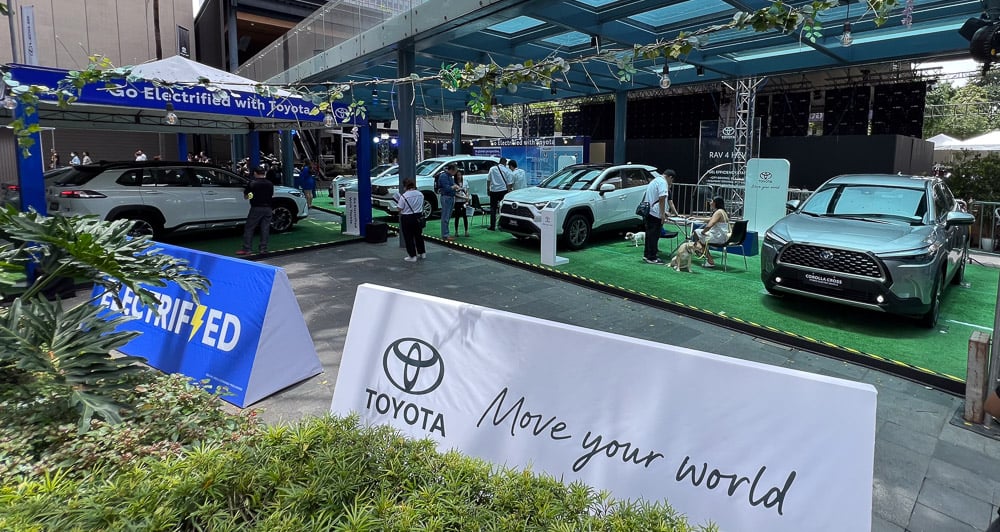
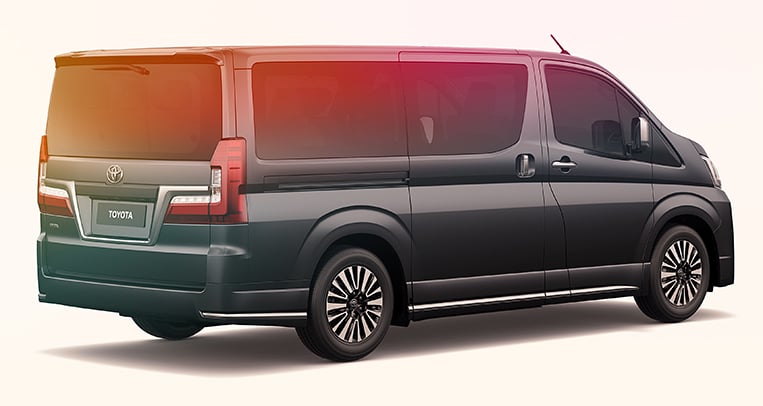


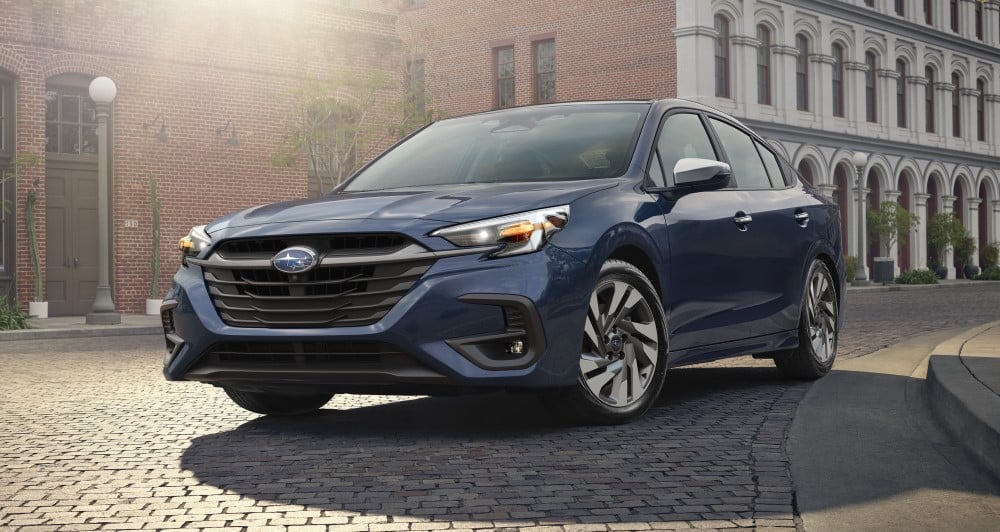
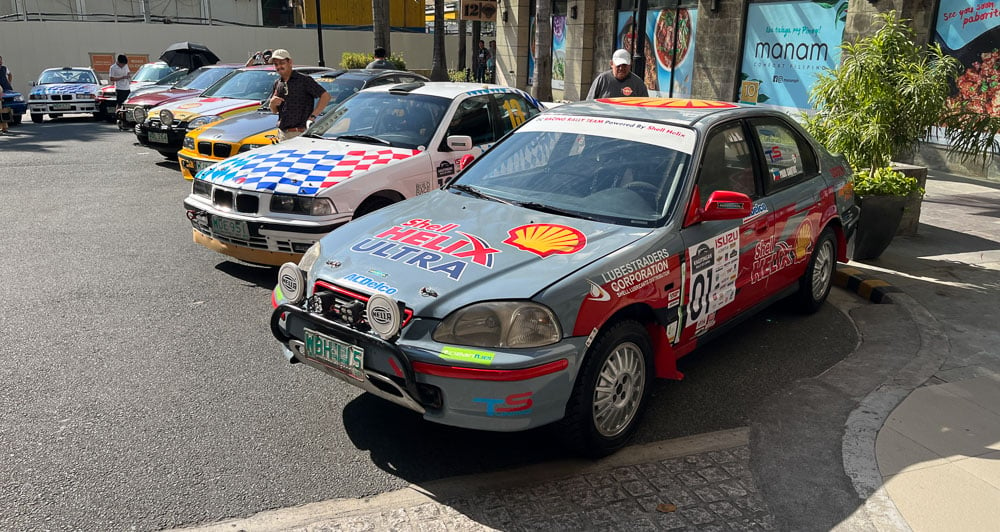
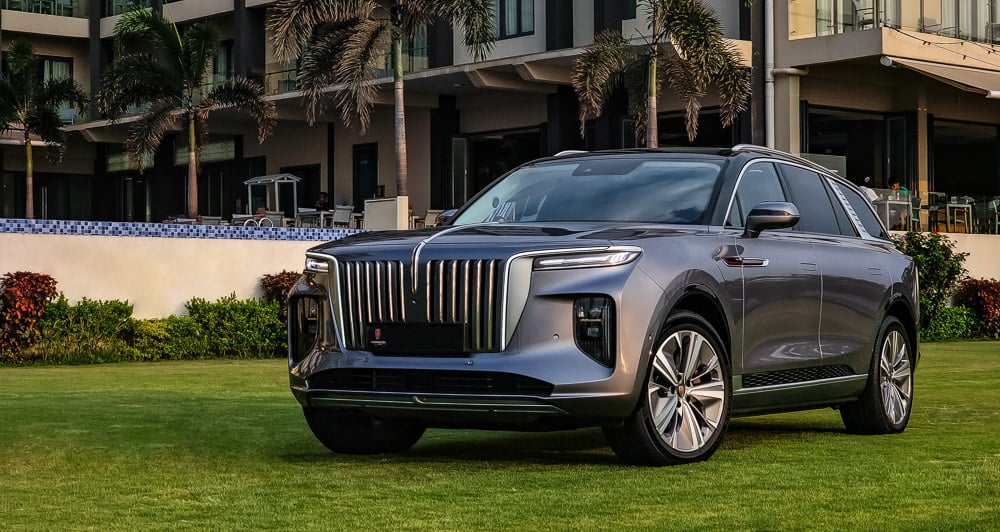
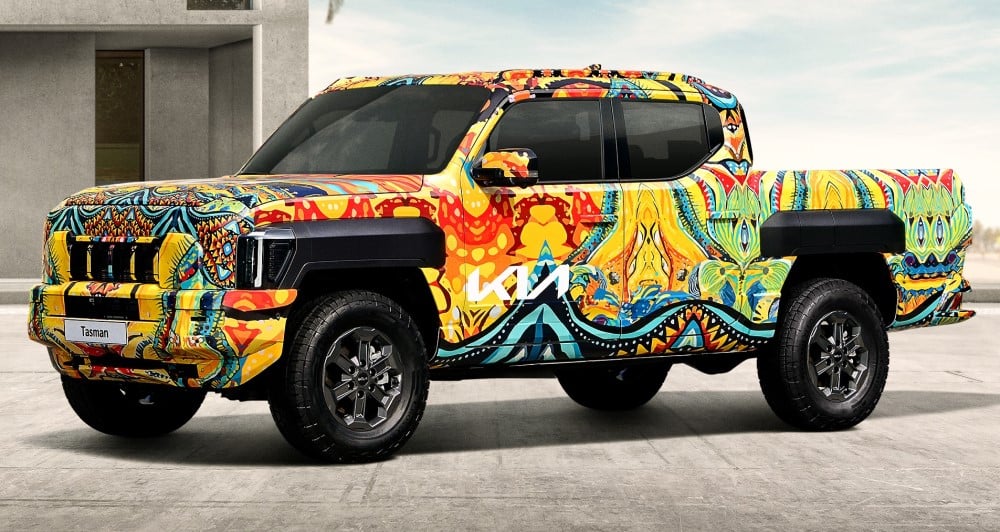

Comments